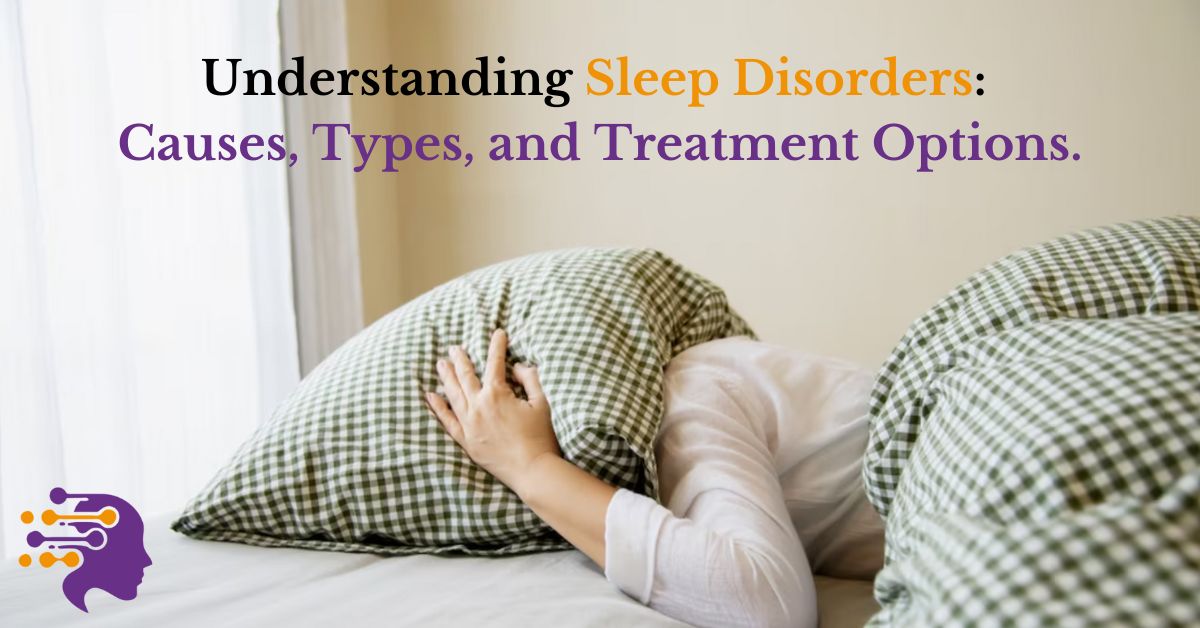Understanding Sleep Disorders: Causes, Types, and Treatment Options.

Introduction: Sleep is a vital component of our overall health and well-being. It allows our bodies to rest, recover, and recharge for the next day. However, for many individuals, achieving restful and uninterrupted sleep can be a significant challenge due to various sleep disorders . Sleep disorders are conditions that disrupt the normal pattern of sleep, leading to difficulties in falling asleep, staying asleep or experiencing quality sleep. Causes of Sleep Disorders: Sleep disorders can stem from a variety of factors, including: · Medical Conditions: Certain medical conditions, such as sleep apnea, restless legs syndrome, chronic pain, and neurological disorders, can disrupt sleep patterns. · Mental Health Disorders: Conditions like anxiety, depression, and post-traumatic stress disorder (PTSD), and bipolar disorder can contribute to sleep disturbances. · ...





